Our study programmes
In biochemical and chemical engineering, people are in demand who seek technical (engineering) solutions for the small and large problems of our lives: It is about clean laundry, clean water and clean air, but also about the production of paint, cosmetics, medicine, fertiliser or new forms of energy.
Biochemical engineering
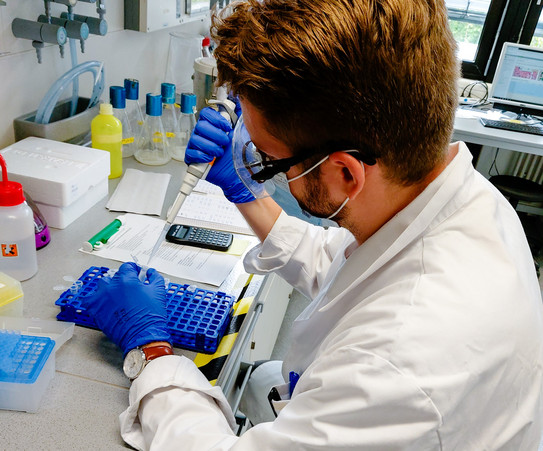
Biochemical engineering is a technically oriented degree programme that focuses on translating the findings of the life sciences into technical applications. Mathematics, chemistry, thermodynamics and process engineering are comprehensively treated scientifically and linked with knowledge of genetic engineering, bioprocess engineering, molecular and cell biology.
The theoretical knowledge acquired in the lectures and exercises is consolidated in laboratory practicals and practically tested in a project work for planning a production plant.
The demanding Bachelor's degree program lays the foundations that can later be deepened in the Master's degree program.
The research-oriented Master's degree course qualifies students to work independently as process engineers with a focus on biotechnology and provides them with the ability to develop, analyze and optimize new processes for the production of low and high molecular weight products.
The course focuses on mastering modern technologies in molecular genetic engineering and biochemistry, bioreaction technology, microbioprocess engineering and product processing.
You can find more information under studies/study-programmes/biochemical-engineering/
Chemical engineering
Chemical engineering is a course of study with a strong emphasis on process engineering. Subjects such as mathematics, chemistry, thermodynamics, fluid mechanics, materials science, process-, apparatus- or automation-technology are dealt with in a comprehensive scientific manner.
The demanding Bachelor's programme lays the foundations that can later be deepened in the Master's programme. The theoretical knowledge acquired in the lectures and exercises is consolidated in laboratory practicals and practically tested in a project work for planning a production plant.
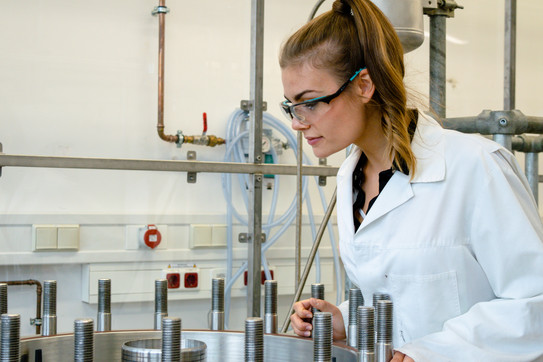
The theoretical knowledge acquired in the lectures and exercises is consolidated in laboratory practicals and put to the test in a project to plan a production plant.
The Master's degree course is research-oriented and qualifies students to work in research and development as well as to manage larger projects and working groups. The course offers the opportunity to deepen knowledge and skills in the field of chemical process engineering in all sub-disciplines represented in Dortmund.
Graduates are prepared to develop independent new or improved chemical and biotechnological products, production plants or production processes. They work, for example, on improving the environmental friendliness or economic efficiency of the chemical industry.
You can find more information at studies/study-programmes/chemical-engineering
The English-language specialization Process Systems Engineering provides graduates with in-depth knowledge of the fundamentals of chemical process engineering. In particular, they acquire the ability to design and operate complex chemical and biotechnological production plants using mathematical models and computer software for simulation and optimization in accordance with the state of the art. This includes advanced methods of process control and production planning as well as techniques for the analysis and description of experimental data.
You can find more information at studies/study-programmes/process-systems-engineering

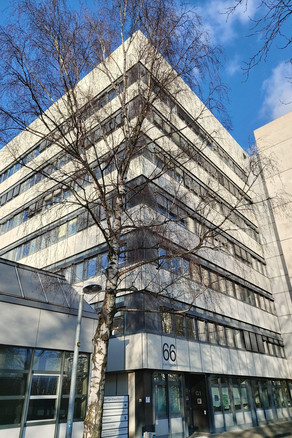
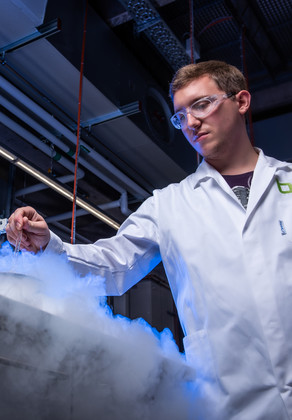
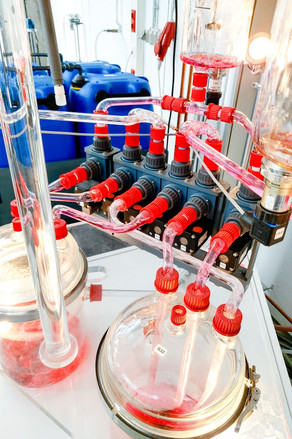
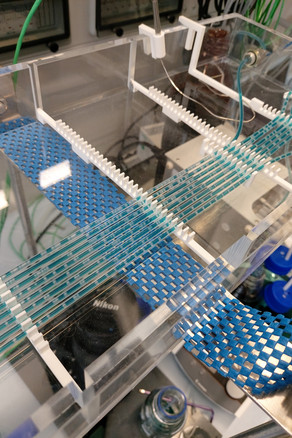
![[Translate to English:] [Translate to English:]](/storages/bci/_processed_/e/4/csm_Kopfbild_Interested_small_b7cbe22ab2.jpg)